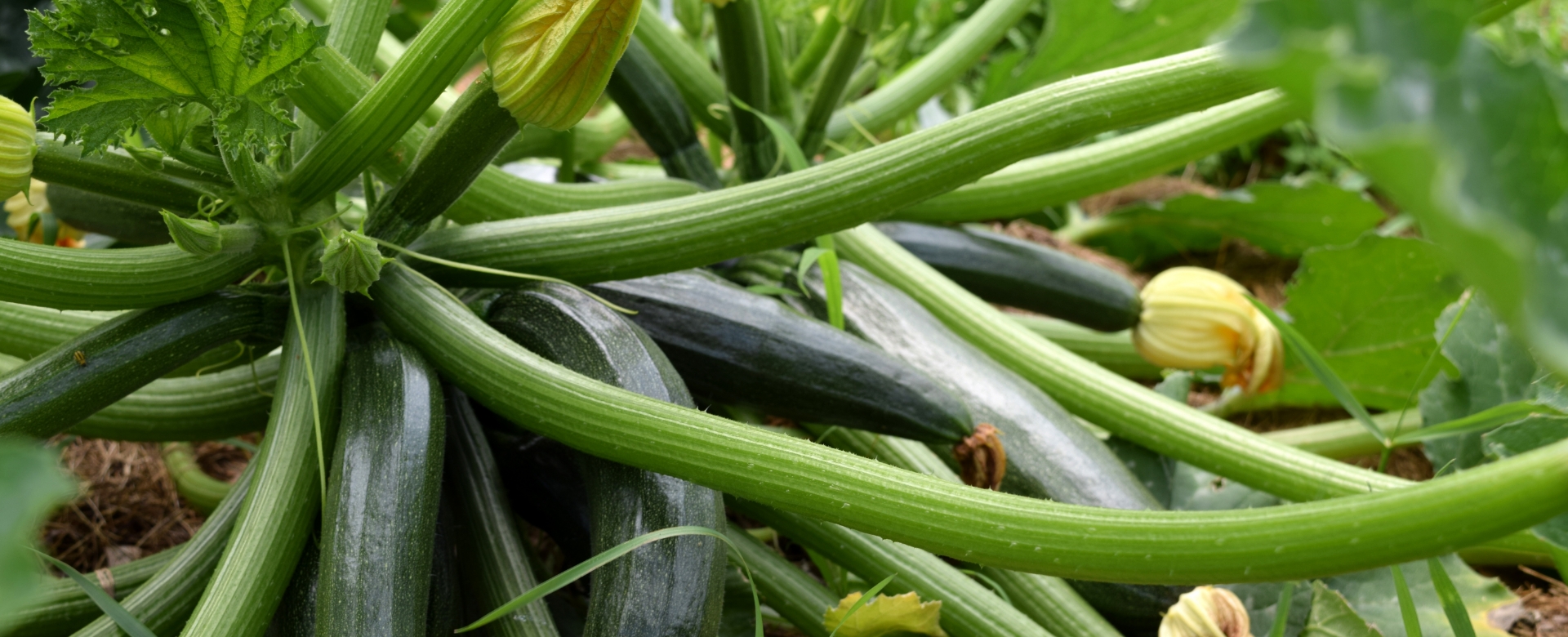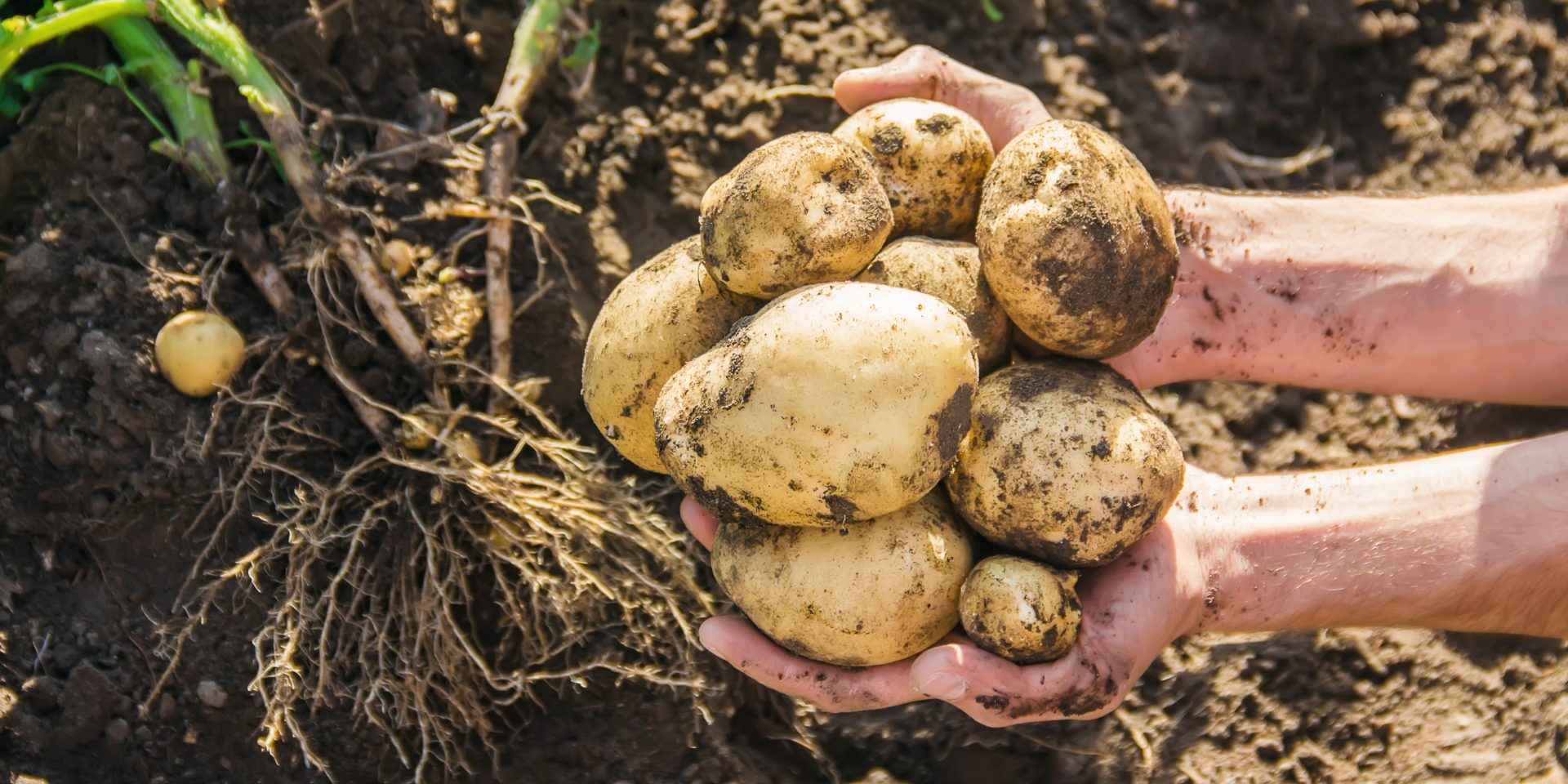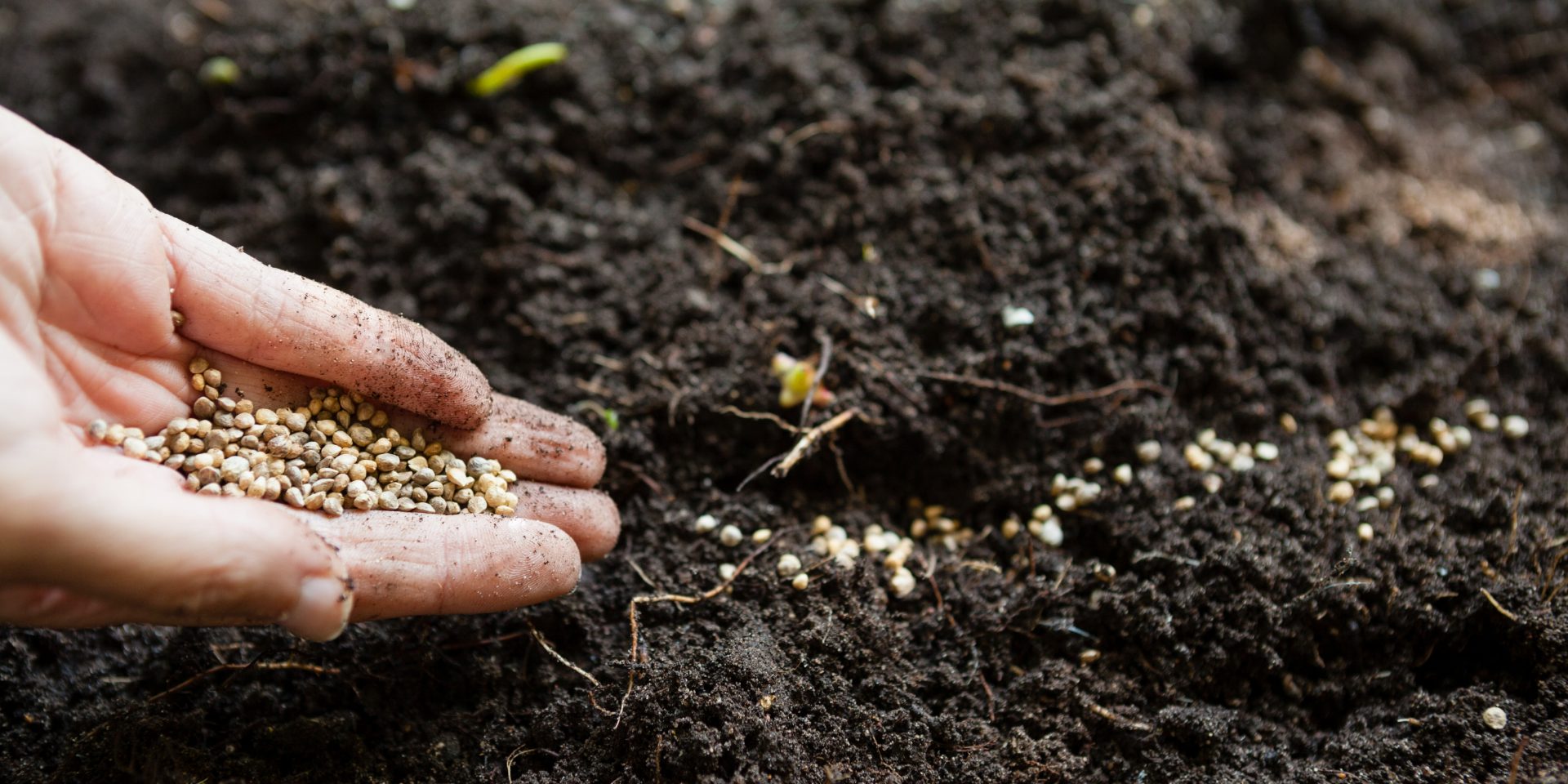Gardening is more than just a therapeutic hobby; it’s a way to connect with nature, give back, and find joy in the process.
Organic gardening is like taking a journey that dances with nature’s rhythm, expressing love for the Earth, and giving a hand to the local ecosystem.
Did you know that 70% of home gardeners prefer organic methods?
Maybe you’re a beginner with a sunny windowsill and Fleetwood Mac serenading in the background, or a seasoned gardener hosting multiple outdoor gatherings a year.
Regardless, the organic gardening tips mentioned in this piece can help you grow a thriving garden and create a greener, more sustainable world.
Organic Gardening: An Overview
Organic gardening is like creating a haven for nature to flourish!
Unlike regular gardening, organic gardening methods go hand in hand with the environment. Rather than relying on synthetic fertilizers, pesticides, and herbicides, organic gardeners rely on natural solutions to nourish and shield their plants.
Organic gardening is all about these key principles:
- Building healthy soil: Enhancing soil health through organic matter accumulation, promoting beneficial microbial activity, and fostering nutrient cycling.
- Plant diversity: Cultivating a wide range of plant species to support ecosystem resilience, attract beneficial insects, and reduce pest pressure.
- Conservation practices: Carrying out strategies such as no-till farming, cover cropping, and crop rotation to preserve soil structure, prevent erosion, and enhance water retention.
- Biologically integrated farming practices: Using natural systems to manage pests, improve soil fertility, and promote biodiversity for sustainable agricultural production.
These principles lend themselves to a garden that is both fruitful and sustainable, allowing each component to support a balanced ecosystem.
Building a Healthy Foundation
In the garden, everything starts with the soil. It’s the lifeblood of plant growth, and when tilled, aerated, and fed with organic matter, soil comes alive. These foundational principles encompass understanding and improving your soil composition, feeding the soil naturally, and employing mulch to protect it.
Tip 1: Invest in Your Soil
Before planting your first seed, investing time and resources into your garden soil is key. Consider getting a soil test to assess its condition. Amend it with compost, aged manure, and organic matter to create a balanced foundation for your plants.
Tip 2: Choose Organic Fertilizer
Synthetic fertilizers can lead to soil depletion over time. However, organic fertilizers feed the soil and plants. Options like fish emulsion, bone meal, and kelp are not only better for the environment but can supply nutrients over a longer period.
Tip 3: Mulch Your Garden Beds
Mulch acts as a versatile tool in your garden. It helps retain moisture, moderates soil temperature, prevents erosion, and suppresses weeds. Whether using organic straw, leaves, grass clippings, or wood chips, find a material that works best for your specific garden needs.
Planting and Plant Care
Once the soil is all set, it’s time to talk about the plants themselves. Choosing the right ones, starting with manageable sizes in the right spots in your garden bed, is key to getting those roots strong and seeing healthy growth.
Tip 4: Start Small and Expand
We get it! It’s tempting to grow tons of plants from the get-go, but it’s smarter to start small. Begin with a few plants, so you can really get to know their needs. Then, you can grow your collection as you get the hang of it.
Tip 5: Select the Right Plants for Your Climate
Not all plants are created equal, and some are better suited to your local climate than others. Native and climate-adapted plants are generally low maintenance and better for local wildlife.
Furthermore, using quality seeds can have a remarkable influence on the overall success and vibrancy of your garden. With quality seeds, you are setting a strong foundation for a flourishing and bountiful garden that will bring you joy and satisfaction throughout the seasons.
Tip 6: Water Wisely
Underwatering can be just as problematic as overwatering. To ensure healthy plant growth, water deeply and less frequently. This promotes root growth and drought tolerance. Consider using a water-efficient drip system or a watering can with a spout designed to deliver water directly to the plant’s base.
Natural Pest and Weed Control
Pests and weeds are common challenges in gardening, yet with the right approach, they can be managed effectively. By implementing organic strategies right from the beginning, you can create a harmonious and balanced garden environment that thrives naturally.
Tip 7: Encourage Beneficial Insects
Not all bugs are bad! Ladybugs, lacewings, and other beneficial insects serve as natural predators of common garden pests, contributing to a healthy ecosystem. By cultivating a diverse selection of flowers and herbs in your garden, you can create an inviting environment that attracts these helpful allies to protect your plants.
Tip 8: Control Weeds Organically
Combating weeds naturally can be achieved through various eco-friendly methods. Embrace mulching, hand-pulling, or opt for homemade herbicides composed of vinegar, salt, and dish soap, which effectively eliminate unwanted plants.
Harvesting and Beyond
Tip 9: Harvest at the Peak of Ripeness
For the best flavor and nutritional value, harvest your crops at their peak ripeness. Watch for visual cues like color changes and use all your senses — smell and touch can offer valuable information.
Tip 10: Clean Your Harvest Safely
Before enjoying the fruits of your labor, be sure to wash away any residual dirt or debris. A gentle rinse under running water will do for most produce, but firmer vegetables might benefit from a light scrub with a vegetable brush.
Additional Considerations
Beyond these fundamental organic gardening tips, several other strategies can enhance your gardening experience.
Planning and Crop Rotation
Planning your garden layout is key to successful organic gardening. Rotate your crops each season to avoid nutrient depletion and the buildup of soil-borne diseases. Companion planting is among the best organic gardening techniques to consider, as it can help with pest control and optimize space usage.
Composting
Composting is the ultimate in organic recycling. By repurposing kitchen scraps like fruit and vegetable peels, coffee grounds, and eggshells, along with yard waste such as grass clippings and leaves, you can transform them into nutrient-rich soil through natural decomposition. This rich compost will nourish your garden for years, promoting healthy plant growth and reducing the need for chemical fertilizers.
Dealing with Specific Pests and Diseases
Numerous natural remedies exist for virtually every garden issue. Utilize resources like local agricultural extensions or online gardening communities to recognize and address common pests and diseases organically.
In the meantime, here are some of the most common pests and diseases and how to manage them:
Pests
Aphids and Whiteflies
Wilting and stunted growth are often caused by them. Combat them by utilizing insecticidal soap or neem oil sprays.
Cabbageworms and Cutworms
These critters nibble on leaves and stems. Just handpick them or try Bt (Bacillus thuringiensis) spray, a natural bacterium that takes care of caterpillars.
Squash Bugs
These big bugs feed on squash plants by sucking sap. You could try picking them off by hand, using row covers for young plants, or applying diatomaceous earth.
Diseases
Powdery Mildew
This fungal disease looks like a white powdery coating on leaves. You can use neem oil or attract helpful bugs like ladybugs to tackle it.
Black Spot
Black spots show up on leaves. Trim affected areas and boost air flow. You can use organic copper sprays to tackle fungal issues.
Rust
Orange or brown spots with bumps show up on leaves. Just get rid of the infected plant parts and water only at the base of the plants to prevent spreading spores.
Seasonal Gardening
Gardening is a year-round endeavor. Each season comes with its own set of garden tasks. From starting seeds indoors in the spring to protecting plants from frost in the winter, understanding and following these seasonal guidelines keep the garden moving smoothly through the year.
Conclusion
Organic gardening is like teaming up with the earth, not just sprucing up your backyard, but your whole vibe. When you get your hands dirty while respecting nature and its ways, it amps up your harvests and life quality.
With these organic gardening tips and tricks and a sprinkle of patience, watch your garden thrive naturally, serving you yummy, wholesome goodies and a sense of eco-friendly accomplishment.
If you’re ready to get started, be sure to visit one of our locations today!
FAQs
Below are beginner-friendly vegetables, fruits, and herbs ideal for organic cultivation:
Vegetables
- Peas
- Radishes
- Cherry tomatoes
Fruits <
- Strawberries
- Blackberries
- Raspberries
Herbs
- Chives
- Mint
- Basil
For your plants to flourish in your climate, you need to consider various factors, such as:
- Your hardiness zone
- How much sunlight your plant receives
- Your soil conditions
- How often they need to be watered
There are plenty of ways to handle pests in your organic garden. Here are a few of them:
You can try using natural sprays like insecticidal soap and neem oil. Insecticidal soap works well for aphids and whiteflies, while neem oil is great for a variety of pests and some fungal issues.
Make sure to clear away fallen weeds, leaves, and crop residues from around your plants. This helps get rid of hiding spots for pests in the winter and lowers the risk of disease spreading to your healthy plants.
For minor infestations, manually remove pests and place them in a bucket of soapy water for disposal.
There are various natural ways to control weeds, including the following:
- Mulch
- Cornmeal Gluten
- Salt
- Vinegar Solution
- Boiling water
- Hand-pulling
It depends on the variety of fruits and vegetables you’re growing and what factors influence the ripeness of that plant.
The ripeness of fruits and vegetables depends on the specific type being grown and the factors affecting their ripening process.
Common indicators of ripeness are as follows:
- Color
- Size
- Texture
- Sound
- Ease of detachment from the vine
To boost soil nutrients and organic matter levels, incorporate compost or well-aged manure in the fall or early spring.
For weed control during the off-season, consider planting cover crops such as buckwheat, ryegrass, or clover. Turn them into the soil before they go to seed in the spring.
Minimize excessive tilling, which can disrupt soil structure and beneficial microbes. Embrace no-till gardening or low-till methods whenever feasible.




